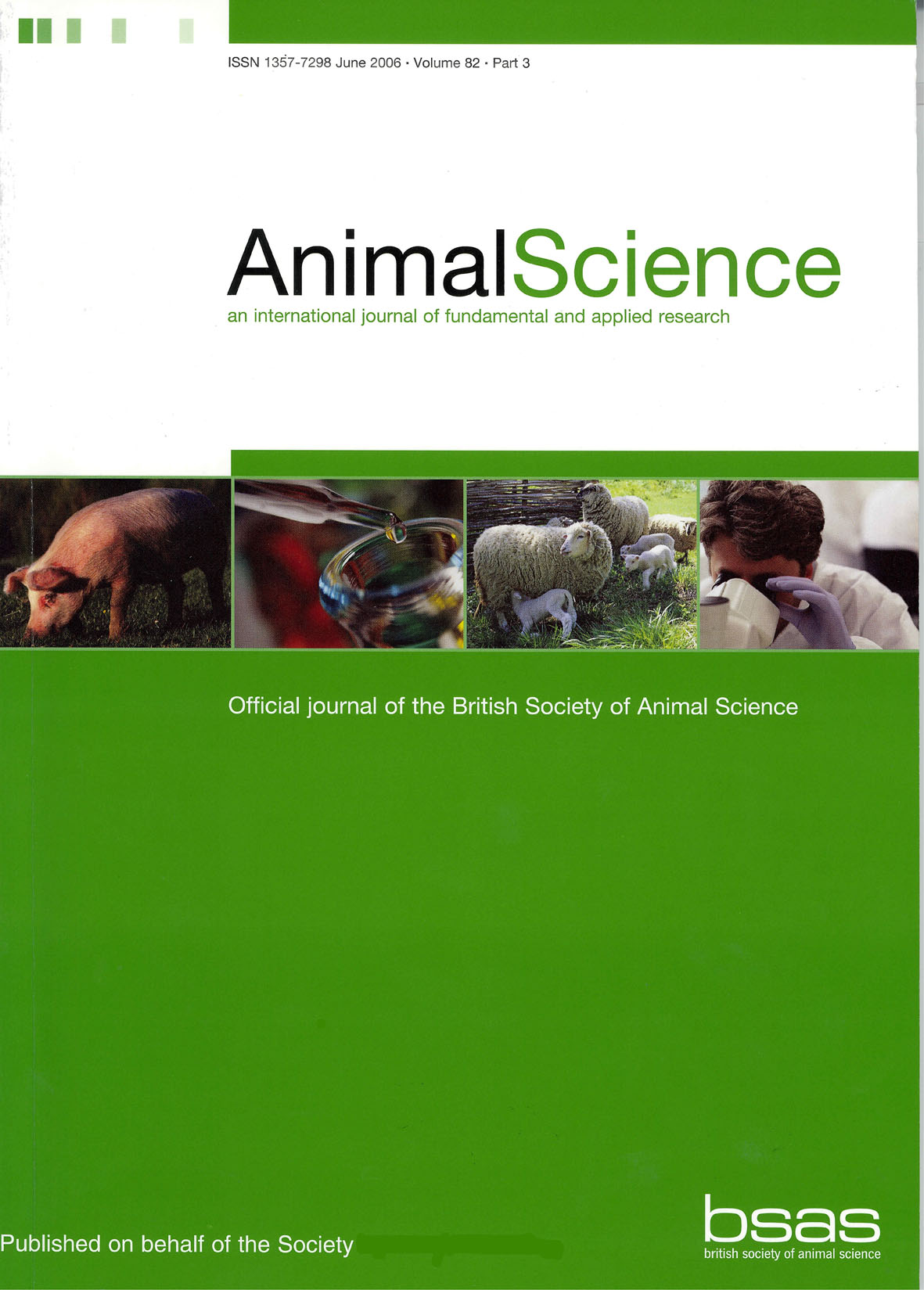Article contents
Farm animal cognition
Published online by Cambridge University Press: 02 September 2010
Abstract
Although there may be task-specific differences in performance between wild and domestic animals, there is no evidence for any generally reduced cognitive capacity in domestic animals. It is not possible to compare intelligence between species or breeds without recognizing the contribution of differences in attention and motivation, and domestic animals often perform better on learning tasks than wild animals because they are less fearful. Considerable flexibility and complexity in behaviour can arise from context-specific decisions that may not require learning. Examples include alarm calling and maternal behaviour in chickens. However, the majority of intelligent behaviour shown by farm animals is dominated by learned associations, sometimes in response to remarkably subtle cues. Seemingly straightforward learning abilities may result in surprising emergent properties. An understanding of these properties may enable us to investigate how farm animals interact socially, and whether they form concepts. Other abilities, such as imitation and the re-organization of spatial information, do not appear to depend on associative learning. The study offarm animal cognition tells us little about the issue of animal consciousness but, none the less, plays an important role in the animal welfare debate. The types of cognitive abilities animals have provide clues as to the types of situations in which (given the benefit of the doubt) they might suffer.
Keywords
- Type
- Research Article
- Information
- Copyright
- Copyright © British Society of Animal Science 1996
References
- 48
- Cited by


